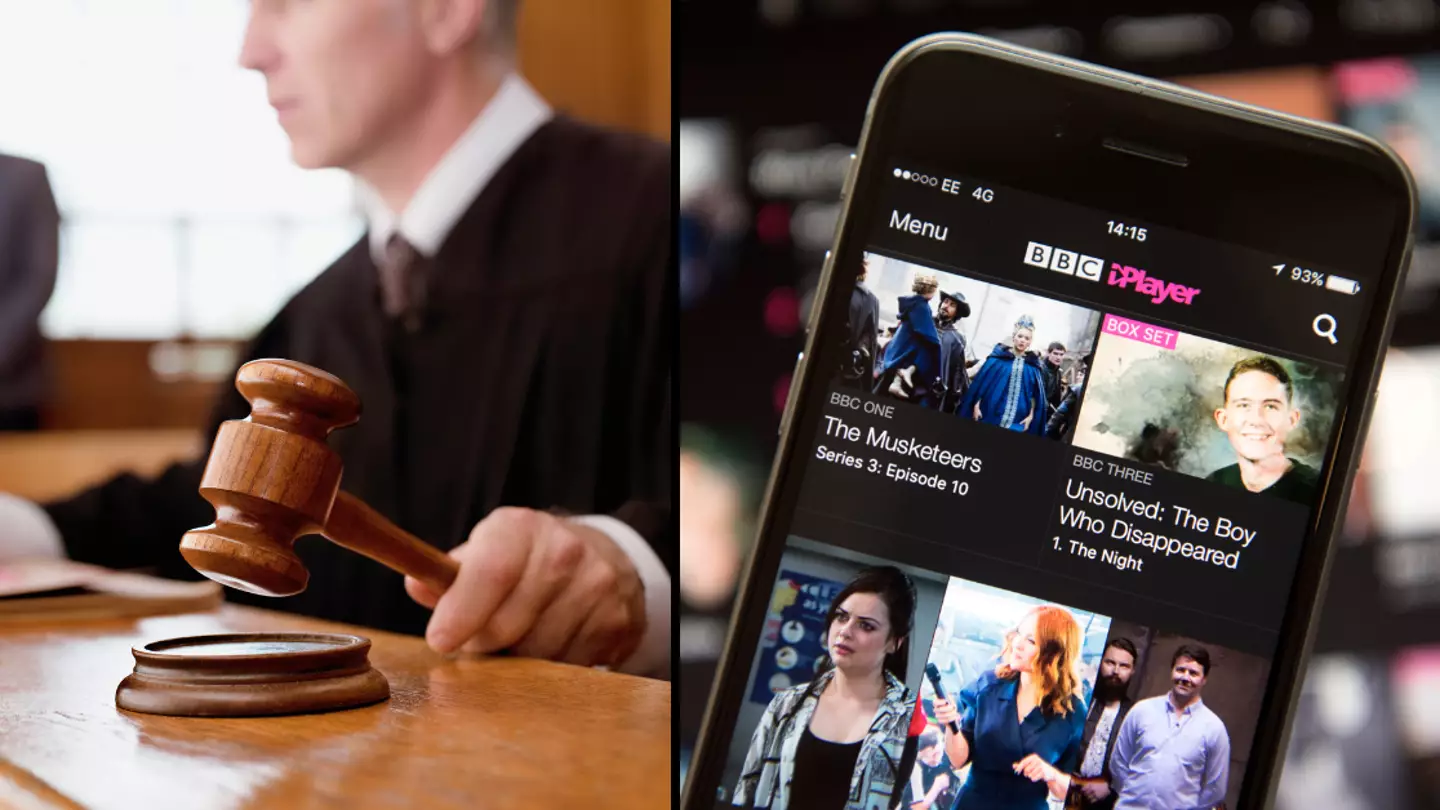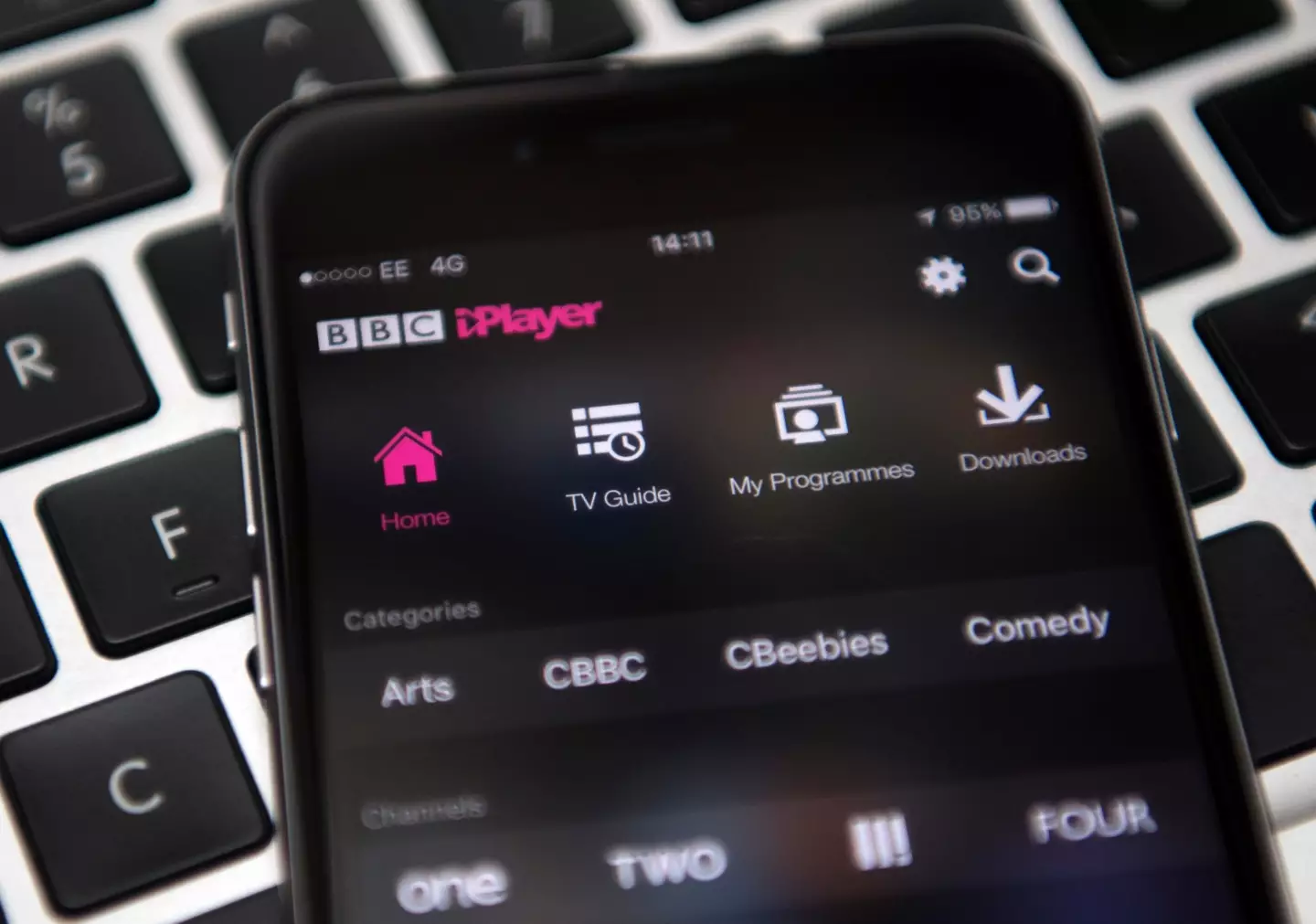
The BBC has responded to fresh criticism over using 'secret' courts to convict almost 2,500 Brits last month for not paying their TV Licence.
Paying £169.50 a year for a TV Licence is a legal requirement in the United Kingdom for a number of specific reasons - the main ones being watching live television on any channel or using the BBC iPlayer service.
It's a consistently evolving tech landscape, though, with streaming services starting to bring in more live content such as the looming deal to bring the WWE to Netflix that are changing when you need to cough up.
Advert
Despite this, people continue to get caught out and are now being convicted in private hearings away from the public.
Just last month, it has been revealed that almost 2,500 people were given criminal convictions in UK courts for not paying their licence fee.
And as highlighted by The Evening Standard, one individual was a partially-sighted man with learning disabilities whose mother had to plead guilty on his behalf.
This was under a method known as Single Justice Procedure (SJP), which means these court cases are heard away from public eye to deal with lower level crime and speed up the courts system.
But critics say the system is flawed and doesn't give defendants proper access to a fair hearing.
Responding to the above case study, media law trainer David Banks posted on X: "The prosecution of TV licences should be taken out of the hands of the BBC. Prosecuting someone like this is an absolute disgrace and brings shame on the corporation and TV licensing.
"Is no-one looking at cases like this and making a humane decision about whether to proceed?"

Tristan Kirk, from The Evening Standard, added: "You wonder what help he got to try to avoid a criminal conviction."
Another X user wrote: "Now this is where we need an intervention, we need to use common sense and compassion in situations like this."
It comes as the Magistrates' Association has called on SJP cases to come to an end when it comes to prosecuting offences such as non-payment of a TV licence, saying it has resulted in vulnerable people being prosecuted behind closed doors without any kind of legal representation.
Cases where vulnerable people have been targeted include a woman with Down's Syndrome being given a criminal record for not paying a TV Licence, despite having no power over her own finances.
Mark Beattie JP, National Chair of the Magistrates' Association, said: "While the vast majority of cases are handled effectively by the SJP, our members - magistrates who decide on SJP cases - have told us about flaws in the way it operates and the harm that this can have on some of society’s most vulnerable people.

"It is clear to us that reform, as well as additional investment in training and transparency, is needed, to restore public confidence in the Single Justice Procedure."
The association has now demanded that prosecutors see all pleas and mitigations from defendants before the case gets to a magistrate.
On the issue of SJP being used to convict potential TV licensing offences behind closed doors, a TV Licensing spokesperson said it will not prosecute 'anyone if they provide us with evidence that shows us that there are significant reasons why they couldn’t obtain a licence', including disability or financial hardship.
They said: "TV Licensing’s primary aim is to help people stay licensed and prosecution is always a last resort. We work to ensure that customers are supported and treated fairly, and offer a range of concessions and payment options.
"We will not prosecute anyone if they provide us with evidence that shows us that there are significant reasons why they couldn’t obtain a licence. These include vulnerabilities including mental or physical ill health, and severe financial hardship."
Penelope Gibbs, director of Transform Justice, said: “The secretive SJP is in urgent need of being opened up. Public observers as well as journalists should be able to sit in court with the magistrate, and all the case papers should be available to anyone who requests them. But the most unjust element of the SJP still remains – that most defendants are convicted without having said whether they are guilty or not guilty. We have the data on this non-plea rate, but we need to solve the mystery of why so many don’t participate.”
At the time of the Magistrates' Association's report in March 2024, a Ministry of Justice spokesperson said: “Only uncontested and non-imprisonable offences are dealt with under the Single Justice Procedure – magistrates are always assisted by a legally qualified adviser, defendants can choose to go to court if they want to, and the details of their case are published to provide transparency.
"We have noted the Magistrates’ Association’s report and will carefully consider its recommendations."
Topics: BBC, Crime, Film, Social Media, TV, TV and Film, Twitter, UK News